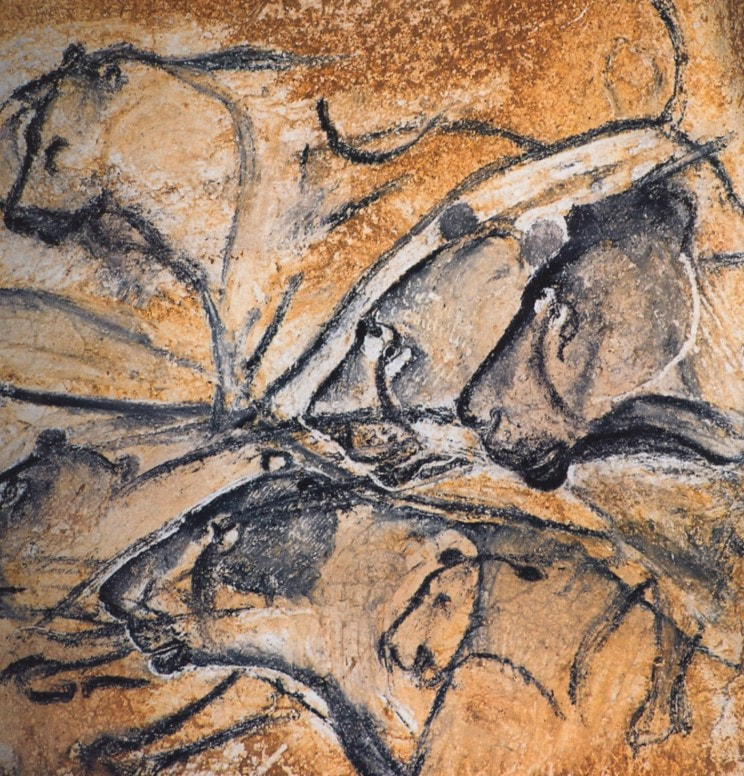Comparative Cultures 12Comparative Cultures 12 examines the development of civilizations throughout time and across diverse landscapes. We begin with human evolution and examine how prehistoric humans transitioned from nomadic, hunter-gatherer groups to settled, agricultural societies that eventually developed into the world's first civilizations. We cover the following units in this course:
As we complete each of these units, we will explore the following big ideas:
Throughout the year students will also continue to develop their abilities within the Social Studies Curricular Competencies. AssessmentCourse marks in CC12 are growth-oriented and holistic. Your final mark will be based on the best evidence of your understanding rather than an average of all your marks from the whole course.
To help us focus on learning and self-improvement in this course, I will not be using traditional percentages or letter grades. Instead, I will use standards-based assessment (SBA) to provide clear feedback to you on what you do well and where you can improve. SBA allows us to properly engage in the learning process because it encourages a growth mindset, early struggles aren't punished and improvement is rewarded. You will receive a percentage and letter grade on your report cards. |
Required Materials:
|

